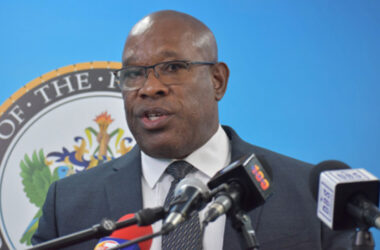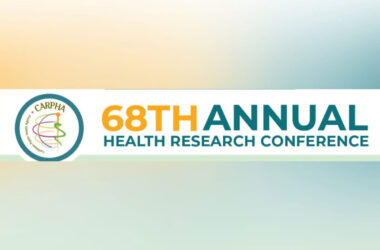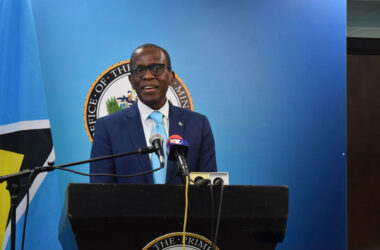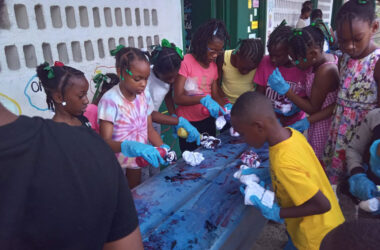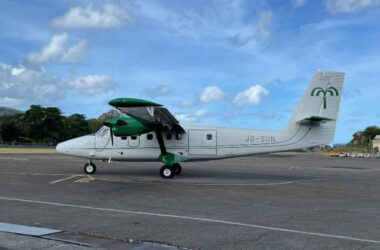Approximately 15,000 educators from around the Caribbean are set to benefit from professional development training specially designed for them to assist students in overcoming the learning losses occasioned by the COVID-19 pandemic.
The training is part of the Learning Recovery and Enhancement Programme known as Let’s REAP, which was developed collaboratively between the Caribbean Community (CARICOM), the Caribbean Development Bank (CDB) and the Organisation of Eastern Caribbean States (OECS) and launched in July 2021.
The expected outcomes of Let’s REAP are to increase equitable access to quality education and training, enhance learning outcomes for all, and increase students’ capacity to meet grade level expectations.
As CARICOM countries forge ahead with implementing the programme, their capacity to successfully execute the key elements of Let’s REAP is expected to be enhanced with the regionally coordinated training programme which will start in June 2022 and is set to run over the course of a year.
The training programme was announced at a recent consultation, in which senior education officials, national Let’s REAP focal points and representatives from the CARICOM Secretariat and CDB discussed the progress of implementation, funding support, capacity building, and the approach to programme monitoring and evaluation.
Programme Manager for Human Resource Development within the CARICOM Secretariat, Dr Laurette Bristol said the implementing partners, in responding to the expressed needs for professional development training by the national focal points, reached out to the University of the West Indies’ (UWI) Joint Boards of Teacher Education to design a training programme in the areas identified for support by national focal points.
Dr Coreen Leacock, Academic Coordinator for the Eastern Caribbean Joint Board of Teacher Education, said the 45-hour course will focus on three core components of Let’s REAP: Leadership and Accountability, Formative Assessment, and Communities of Practice. To support sustainability of implementation across the region, the UWI Joint Boards of Teacher Education will collaborate with the teacher training institutions across the Region in rolling out the training programme.
Leadership and Accountability is expected to equip school leaders with skills to lead their schools in improving learning outcomes. Formative Assessment training will focus on enhanced evaluation of and for learning. The Communities of Practices module is expected to train school leaders’ and teachers how to coordinate teamwork and collaboration to enhance the school environment and teaching-learning.
CDB’s Education Specialist, Dr Paul Murphy shared that the Bank will coordinate funding support for Let’s REAP capacity development and institutional strengthening through various
sources. These include grant resources, existing and new projects in CDB Borrowing Member Countries (BMCs), collaboration with other development partners, and through the public sector investment programmes of BMCs.
Director of the Human and Social Development Directorate within the CARICOM Secretariat, Ms Helen Royer, reminded that Let’s REAP was developed to enhance the capacity of principals, teachers and the general school community to use available resources to remediate and accelerate student learning.
“Let’s REAP is not a project but a school transformation programme that is part of the common core school improvement process. It pays attention to good practices being engaged and supports the documentation of same,” Ms Royer stated.
The programme outlines nine areas for action that schools are asked to pursue based on their improvement planning priorities for accelerating learning. These are leadership and accountability, management and communication, teacher support and collaboration, formative assessment, inclusion, special needs and wellbeing, resources and curriculum, parents and family, community and community organisations, and national and regional partnerships.
The meeting heard that several BMCs have established national implementation teams in rolling out the programme. BMCs have also completed formative assessments to determine students’ learning gaps and better tailor curriculum delivery. Meeting participants further emphasised the benefit the upcoming training will bring to the implementation of Let’s REAP.




